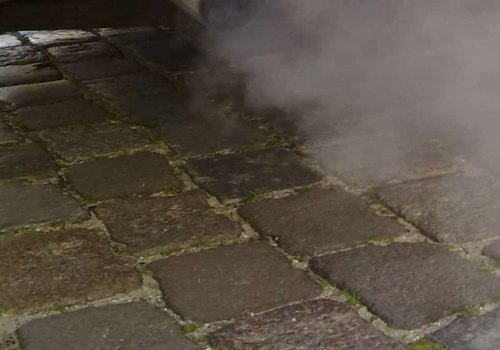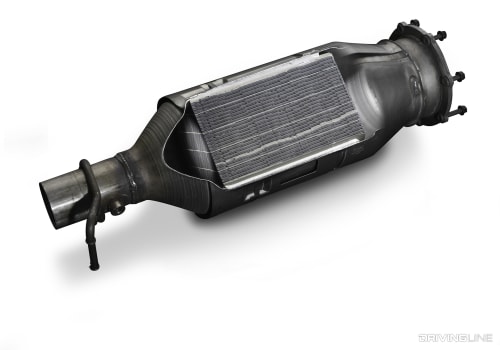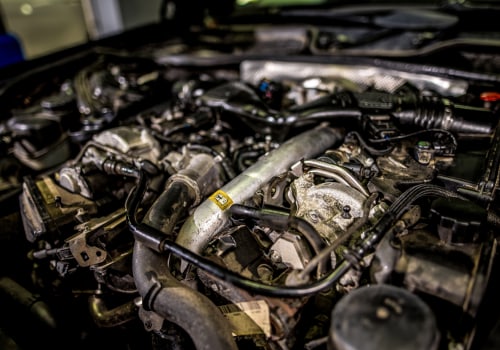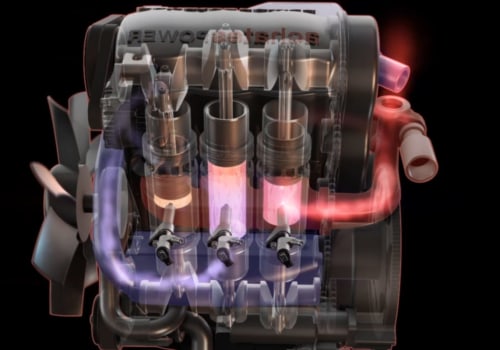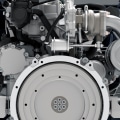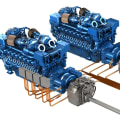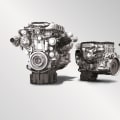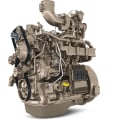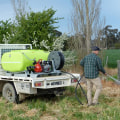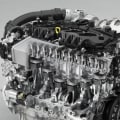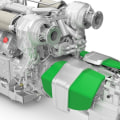Modern-day diesel engines are equipped with a variety of noise reduction technologies to ensure a quiet and comfortable ride. One of the most common noise reduction technologies is Active Noise Control (ANC). Developed by Hyundai Motor Group, ANC is designed to reduce low frequency noise (65 to 125 Hz) that is generated by the engine. The existing ANC technology is effective in reducing constant engine noise, but it has its limitations.
It cannot respond quickly enough to variable road noise, which is why Hyundai Motor Group developed Road-noise Active Noise Control (RANC). RANC is designed to eliminate road noise, which has many variables and travels too fast for traditional ANC technology to respond to. In addition to ANC and RANC, there are other noise reduction technologies available for modern-day diesel engines. These include acoustic insulation materials, such as sound-absorbing foam and sound-insulating mats, which are used to reduce engine noise from entering the cabin.
Another technology is the use of acoustic dampers, which are designed to reduce vibration and noise from the engine. Finally, modern-day diesel engines also use exhaust systems with mufflers and resonators to reduce engine noise. Mufflers are designed to absorb sound waves, while resonators are designed to cancel out certain frequencies of sound. Together, these technologies help reduce engine noise and make for a more comfortable ride.

